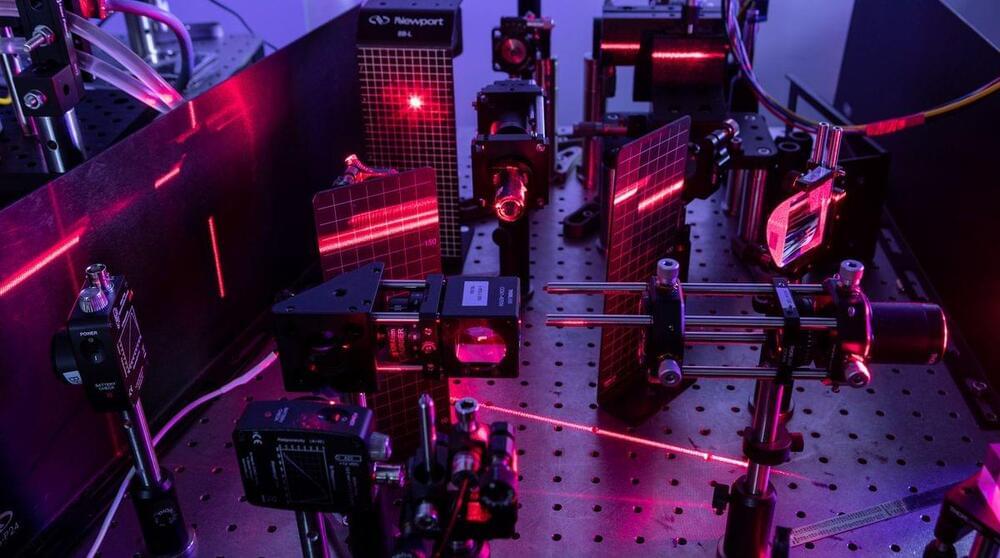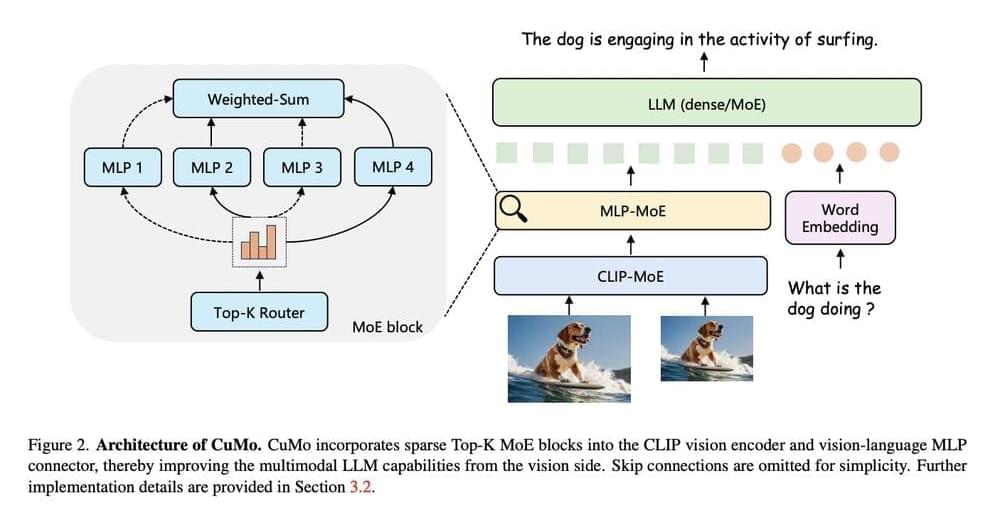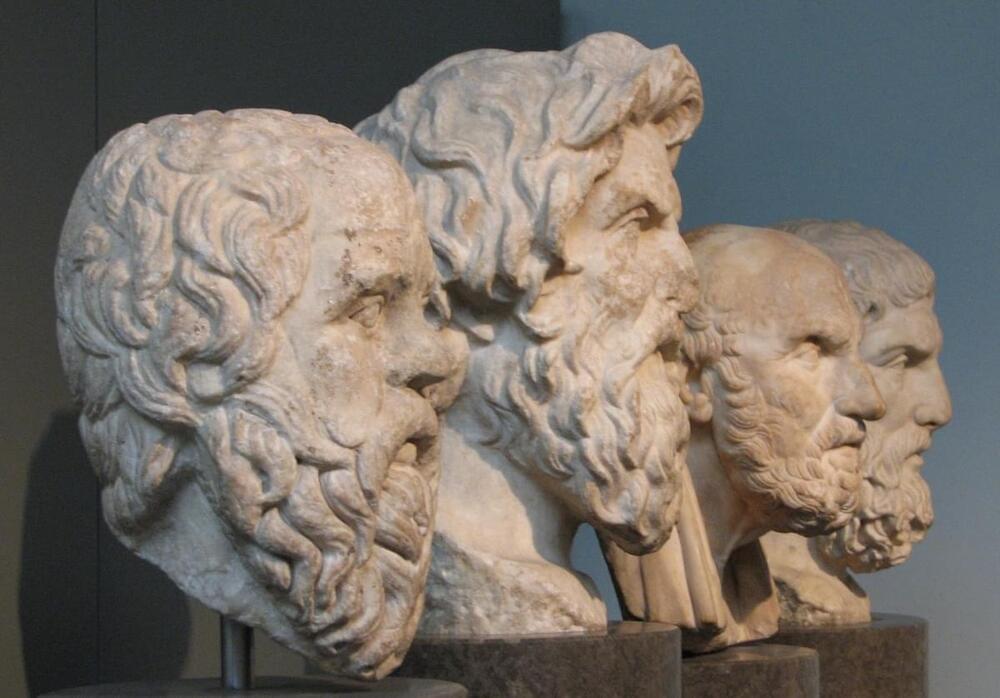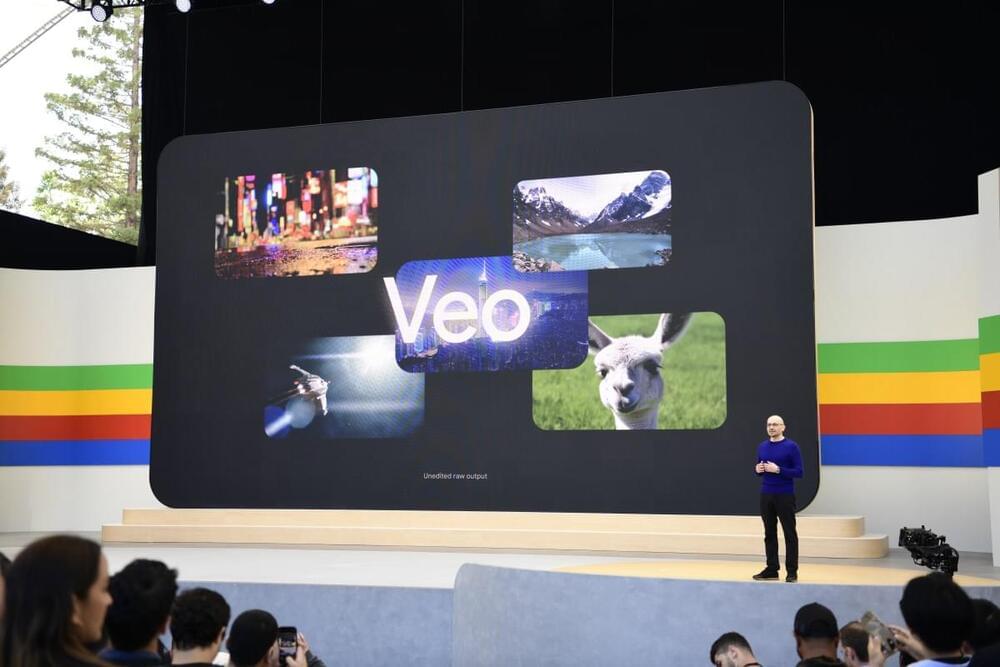May 15, 2024
Another OpenAI Executive Choked When Asked If Sora Was Trained on YouTube Data
Posted by Kelvin Dafiaghor in category: robotics/AI
Yet another OpenAI executive has been caught lacking on camera when asked if the company’s new Sora video generator was trained using YouTube videos.
During a recent talk at Bloomberg’s Tech Summit in San Francisco, OpenAI chief operating officer Brad Lightcap went off on a word vomit-style monologue in the wrong direction in an attempt to deflect from questions about Sora’s training data.
Continue reading “Another OpenAI Executive Choked When Asked If Sora Was Trained on YouTube Data” »


















